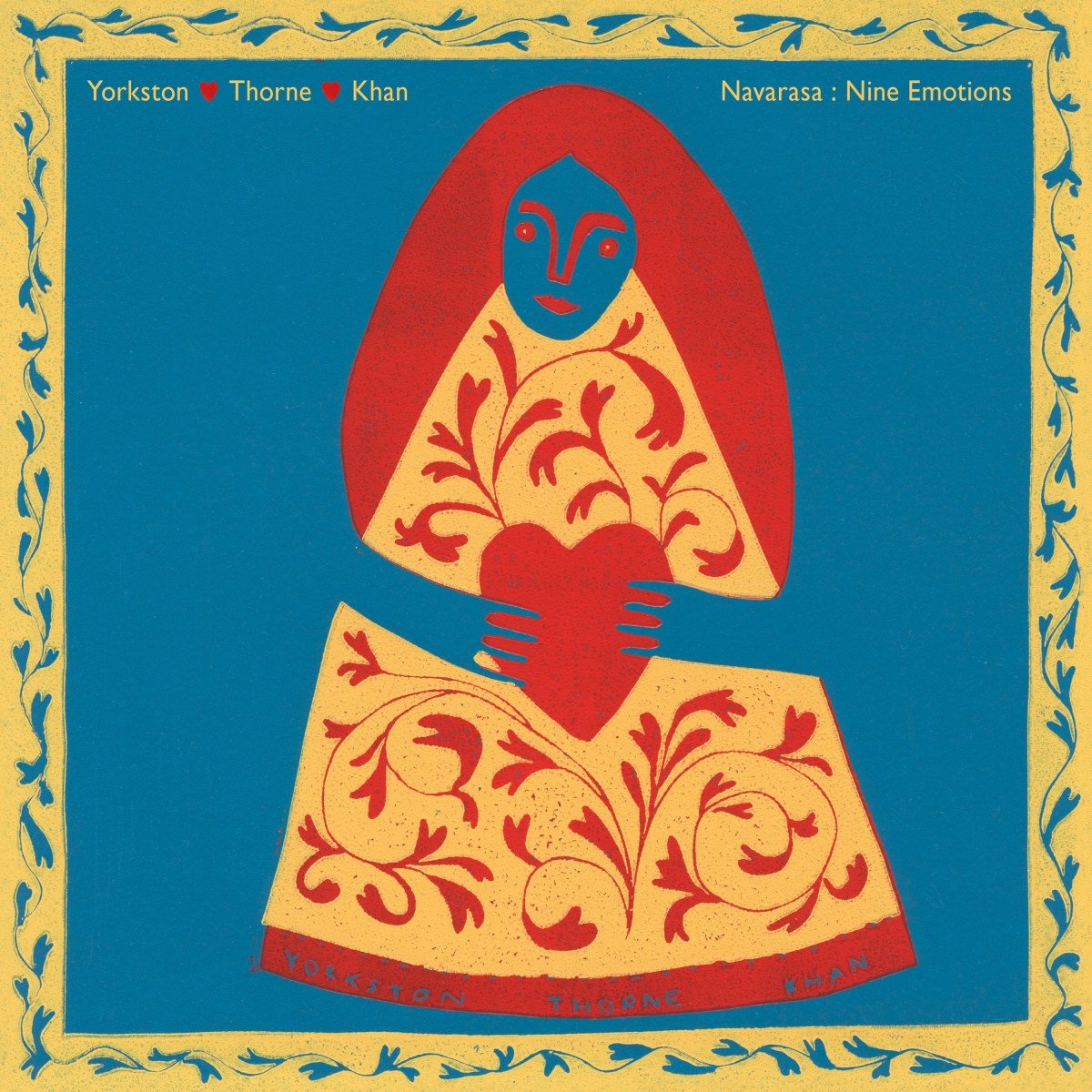When they first released an album back in 2016, one might have assumed this Anglo-Scots-Indian jazz-folk trio were going to be a one-off side project, a diverting fusion experiment. Yet here they are, three albums in, and sounding like they are just hitting their stride. They’re on to something. Between the lonesomeness of Scots folk and the soulfulness of Indian traditional music is a mutual melancholy that makes them natural bedfellows. Folky cadences fit with Indian scales. It’s a fusion that works.
James Yorkston’s a well-kent face in this parish, of course, and for that reason, the Yorkston-led pieces are the most familiar and perhaps least revelatory. The Scots trad The Shearing’s Not For You with its “bonnie lassie-o”s is perfectly lovely but essentially a solo work with revised instrumentation. Twa Brothers is enlivened by Khan’s percussive scat singing, but is otherwise a simple folk a capella by Yorkston. There’s a non-traditional arrangement of the song by Alasdair Roberts that would lend itself perfectly to a project like this. One wonders what could have been achieved going for something like that.
When Yorkston’s co-conspirators Jon Thorne (double-bass) and Suhail Yusuf Khan (sarangi) come to the fore, as on the mournful Thumri Bhairavi, that’s when the magic happens. The most powerful of Yorkston’s music, from The Lang Toun in his early days with the Athletes, to last year’s My Mouth Ain’t No Bible, has been built round a drone element and when that connects with Khan and Thorne’s work here, things really fire.
Sukhe Foole is a slow, mysterious opener – Khan and Yorkston taking vocal turns over Thorne’s flickering candle of a double bass. “The angels hide from God / the light is so divine” sings Yorkston, presumably in translation of Khan. Westlin Winds feels like a particularly fine balance of cultures, combining Robert Burns’ song with old Hindi devotionals, in a musical setting that leaves no seam between the Scots and Indian melodies.
The trio enjoy a wig-out too. Seven minute instrumental The North Carr loses its shit, but in the best way, building into a dark, stormy sonic whirlpool. It’s raw and invigorating, like being caught in a night-time downpour without a coat. The album’s title refers to the navarasa: the nine (nava) emotions or sentiments (rasa) of the arts. Each song is linked to one of them. This could be Bhayanaka (horror, terror) or maybe Karuna (sorrow). The ragged, discordant Waliyan Da Raja meanwhile suggests Bibhatsya (disgust) or Raudra (anger). It’s more fun to ponder than to know.
Projects like this can be self-indulgent, even show-offy, done more to amuse their creators than audiences (Sting’s lute album, anyone?) But there’s a welcoming and generous spirit to this trio and what feels like a shared musical energy. On album number three, they’re firing on all cylinders, not running out of steam.
